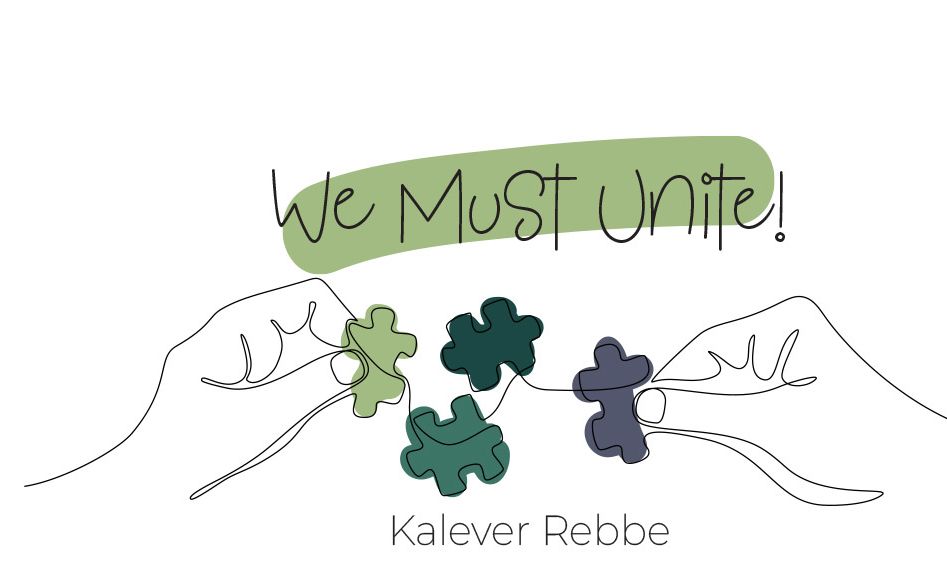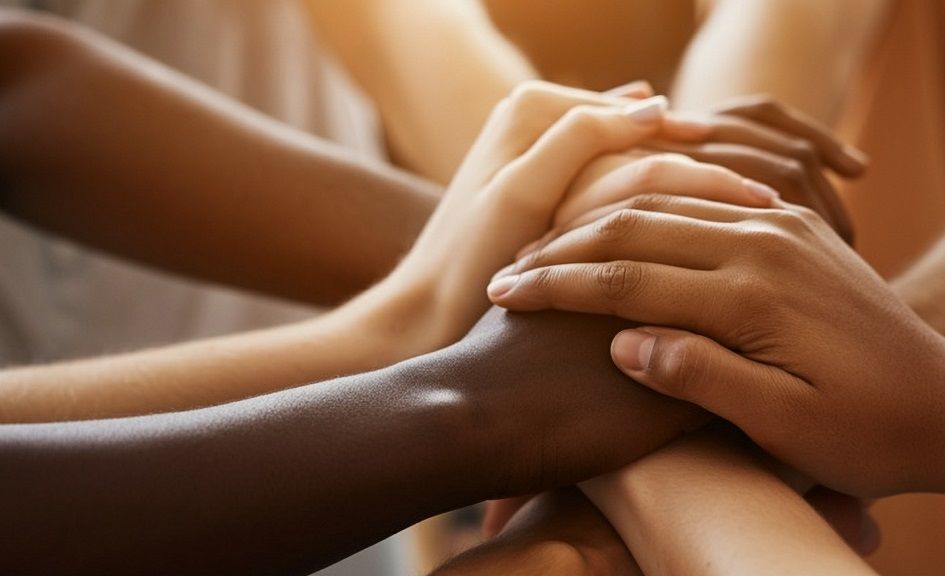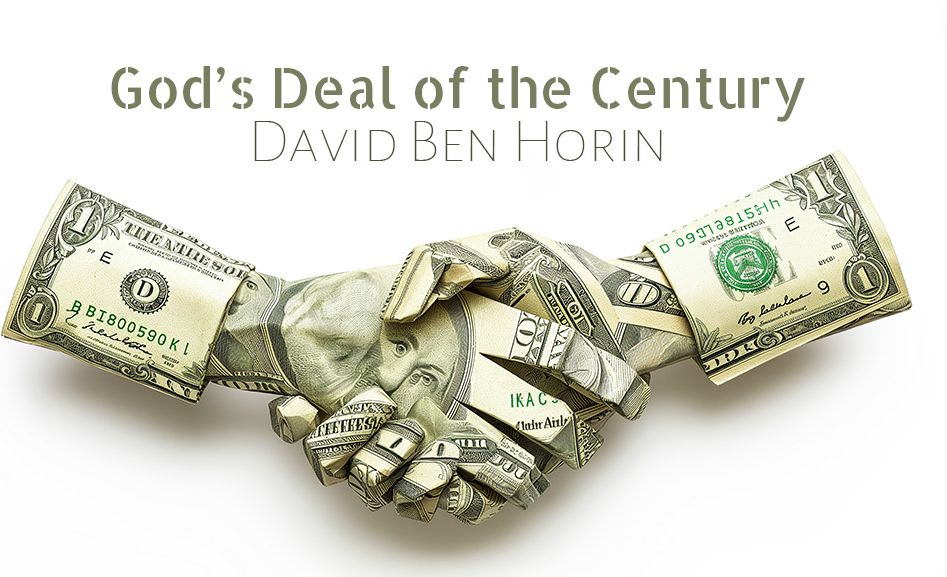
The Rebbe Akiva Next to You
Those of us who are growing in our observance of Torah must remember that we are not better than anyone who isn’t keeping all of Torah yet...

It’s a terrible feeling… Despite all your efforts to love that person, you are constantly battling those negative emotions. “He’s not religious enough, she’s not religious enough, if only they would change etc.” We have to remember that when trying to strengthen our fellow man, criticism never brought anyone to a more happy observant life.
Let’s look at Rabbi Akiva, our greatest sage who is responsible for organizing the entire Gemara: In his early days he hated religion, and religious people. In fact he’s quoted in the Gemara (Pesachim 49 B) as saying that he would “bite any Torah scholar like a donkey “ if given the chance. What’s going on here? How does someone go from hating the Torah and its followers to being the leader of the generation? The  answer is simple – a good eye.
answer is simple – a good eye.
Rachel, the daughter of Kalba Savua saw within Rabbi Akiva an inner strength for understanding Torah wisdom. Rachel left her prestigious and luxurious life against her father’s will in order to cleave to someone she believed in. They married and her positive attitude toward him lit an inner flame for Rabbi Akiva to soar spiritually. As Rabbi Lazer Brody says in his book Pi HaBe’er , “it’s frightening to think about what could have been with Judaism had she not focused on the good in him. There would be no Rabbi Akiva!”
Let’s bring this into our lives for a moment. Many of us are growing steadily in Torah with our own collection of the emuna books and CDs, what challenges us is to remember that we are not better than anyone that isn’t keeping all of Torah yet, rather we are privileged. Someone who feels privileged to serve Hashem and spread emuna acts from a place of love, whereas the other acts from a place of falsehood. Let me try to explain.
In his incredible work Pi HaBe’er, Rabbi Brody explains many deep concepts about the importance of brotherhood and love for our fellow Jew. We all have heard the comparison of the different types of Jews to the ‘four species’ that we use on Succot. Without the ‘willow’ which has no taste or fragrance (which compares to a person without any Torah or good deeds) we cannot observe this important mitzvah, all parts are required by Jewish law. He goes on to describe that the true role of the tzaddik of the generation is to love every single Jew and withdraw the inner positive goodness in each person. This refers to a concept in which we take delight in how Hashem takes delight in creation.
For common folk like us it means that we elevate ourselves to see how Hashem loves this person and not how “I” perceive them.
Allow me to give two examples:
You are striving in your Judaism and feel your husband isn’t burning for Hashem as you are. This is upsetting you and your feelings toward him. In another case, one guy you see has no kippah (skull cap), but rather an earring, a tattoo, long hair, and he publicly desecrates Shabbat. You ask yourself, “What do I have in common with him?!? It’s impossible even to talk to him at all! We are so different when it comes to Torah!” Not so fast, let’s use Torah wisdom and not forget two mitzvot that say “with righteousness judge your fellow” and “love your neighbor as yourself.”
As we climb the spiritual ladder, we can become so self-absorbed if we are not careful. We forget that at one time or another, we were the one with the earrings or ignorance towards Judaism. Suddenly we begin to look down on others who are not stepping up to “our” standards.
Rav Brody explains in his book that we are all creations of Hashem and we all have within us a spark of Godliness inside. Someone who is keeping the Torah has activated that spark, but someone who hasn’t is in darkness, but he nevertheless has the innate potential to be a Rabbi Akiva! All they need is love. If there’s anything that we need now for the Jewish people it is unity. But a religious person who is doing his own thing and unaware of these two important mitzvot “with righteousness judge your fellow” and “love your neighbor as yourself” can’t possibly contribute to the unity of the Jewish people and help our brethren who are less aware of the importance of keeping Torah.
Homework:
When you come into contact with someone who you want to strengthen in Judaism, remember how Rachel approached it. Focus on the good in that person and how Hashem loves them. Be a true ambassador of Torah and Emuna observance. Afterwards reflect on how this situation was different than in past situations when you would see them.
Don’t forget! That secular-looking Jew who is sitting next to you on the bus, train or plane just might be a potential Rabbi Akiva! You may be the person whose job it is to connect him with Hashem; that’s not an opportunity you ever want to miss.







Tell us what you think!
Thank you for your comment!
It will be published after approval by the Editor.